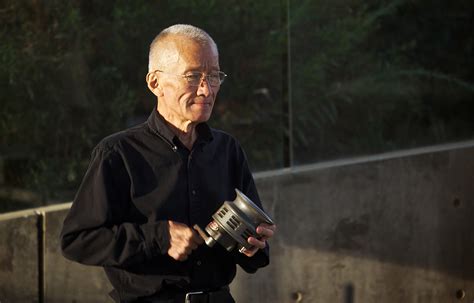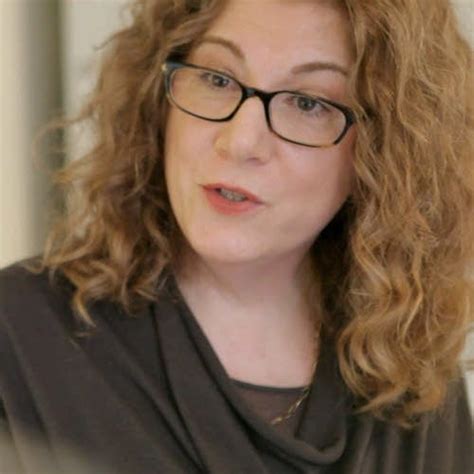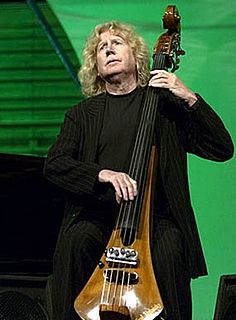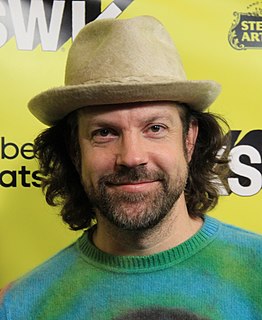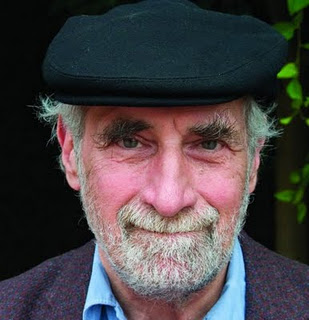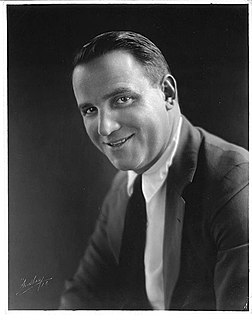A Quote by Isabelle Huppert
What people think improvisation is and non-improvisation is, it's nothing to do with what you like or dislike. It's all about how it happens with certain directors and certain scenes. That's the way it works. It's not something, in general, that you can decide.
Related Quotes
Sometimes people that are very good at improvisation in life, meaning like stage improvisation, aren't good in films because you have to ultimately take a scene where it needs to go. It's not about just saying something that's funny. You can say something funny but if it's not on story or driving the scene to its end it's really not very helpful at all.
Improvisation has to do with exploring something like two brothers in a room together. You find out things about situations by discovering the things that they aren't saying. It's a way to explore scenes. Sometimes it's more useful than others, but it's always there to see if there's anything that you might improve.
In 1968 I ran into Steve Lacy on the street in Rome. I took out my pocket tape recorder and asked him to describe in fifteen seconds the difference between composition and improvisation. He answered: "In fifteen seconds the difference between composition and improvisation is that in composition you have all the time you want to decide what to say in fifteen seconds, while in improvisation you have fifteen seconds." His answer lasted exactly fifteen seconds.
I would make a huge distinction between theater improvisation and film improvisation. There isn't much improvisation in film - there's virtually none. The people that theoretically could be good at this in a theater situation don't necessarily do this in a film in a way that will work, because it's much broader on a stage. But in a movie, it has to be real, and the characters have to look entirely real because it's being done as a faux documentary, so there are even fewer actors that can do that on film.



